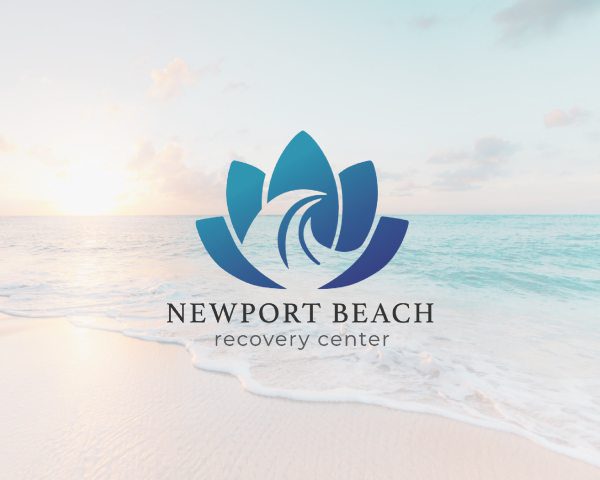Helping a friend or family member prepare to attend individualized treatment comes with unique challenges. You want to help your loved one. However, they might not even see a problem with how they behave. Sometimes the consequences of addiction are not visible to people with substance use disorder (SUD) until after they begin to heal.Â
Your friend or family member may feel ambivalent or hostile toward the idea of treatment. Achieving and maintaining sobriety requires active participation in treatment. The dedicated team at Newport Beach Recovery Center can help clients find the motivation to overcome ambivalence once they begin treatment. Convincing your friend or family member to attend treatment is not always easy. We can help you prepare for that conversation.Â
Does Your Loved One Require an Intervention?
A person may be physically and mentally unwell to the point where they require residential treatment or hospitalization without seeing any issues with their lifestyle. You cannot force someone to recover from SUD. Even though it can be heartbreaking to witness, sometimes a person needs to hit rock bottom before they will accept help and do the hard work to achieve sobriety.Â
In some cases, family interventions can be a wake-up call that helps a person with SUD see their addiction more clearly by showing them:
- How substance misuse affects family relationshipsÂ
- The damaging effect on mental and physical healthÂ
- How substance misuse has interfered with career or educational goalsÂ
- Changes in behavior and mood
- The impact of financial or legal issues caused by substance misuse
Early intervention and treatment is the best way to help a loved one struggling with addiction. According to the United States Department of Health and Human Services (HHS), early intervention is “for addressing substance misuse problems or mild disorders and helping to prevent more severe substance use disorders.†Newport Beach Recovery Center can help you get the resources you need to communicate effectively and stage an intervention when appropriate.Â
Interventions can be essential because they provide an outside perspective of the situation. Laying out the issues and providing a range of treatment options can allow the person struggling with addiction to come to terms with their condition. Interventions are not always the best choice and may not work for some individuals. If you are uncertain about bringing up the topic of treatment to a loved one, call Newport Beach Recovery Center today to get support and information about intervention resources.
How Can Individualized Treatment Help Your Loved One?Â
Your loved one has a disorder that compels them to act on self-destructive tendencies. Individualized treatment addresses not only the substance misuse but any underlying conditions that contributed to the development of the disorder. Identifying and treating possible issues related to their mental health and SUD decreases the risk that they will relapse and return to maladaptive behaviors. Most people who attend individualized treatment have better outcomes in the long run.
Are Family Members Involved in the Recovery Process?Â
Family members can have weekly contact with their loved ones throughout the recovery process, and in later stages of rehabilitation, they might be more directly involved in family therapy. However, most families have limited contact during treatment to allow their loved ones to focus entirely on healing and stabilizing their mental health.Â
Having weekly contact and showing unconditional love, support, and encouragement can help motivate clients to make positive lifestyle changes. Family involvement in aftercare can provide essential support, and family members should educate themselves on how best to help their loved ones when they enter a treatment program.Â
A few ways family can help during treatment include:Â
- Weekly calls or messages to show supportÂ
- Providing comfort for the children of individuals in recoveryÂ
- Volunteering to assist with monitoring pets or house sitting to decrease stress for the person in recoveryÂ
According to Social Work in Public Health, “Education with the family about SUDs, their development, progression, and treatment” can help facilitate family involvement. “When family members have appropriate education and treatment for themselves, they can play a significant role in the abusers’ recognition of the problem and acceptance of treatment.†Newport Beach Recovery Center offers family education, and our team will answer any questions about the treatment and recovery process.Â
How Should You Support Your Loves One During Treatment?Â
Family involvement is often limited during the early stages of treatment while the care team works to help your loved one stabilize their physical and mental health. In most cases, facilities like Newport Beach Recovery Center will facilitate weekly or biweekly phone calls or video calls – with a therapist present – to begin addressing any unhealthy family dynamics and to allow clients an opportunity to reconnect with their close family and friends.Â
We understand how painful it can be to watch a loved one struggle with addiction. You feel helpless and uncertain of how to get them the treatment they need. Once your loved one agrees to attend a treatment program, you must help them prepare for individualized treatment, which comes with its own challenges. Whether your loved one has never participated in therapy or has gone through treatment multiple times, you can help them prepare by providing unconditional love and support. Having family members willing to support the treatment process can have a significant positive effect. At Newport Beach Recovery Center, we engage the family in recovery through a gradual process that allows the client time to focus on their treatment and healing from the effects of substance misuse. To learn more, call our office today at (855) 316-8740. You are not alone. We can help your family overcome addiction.





